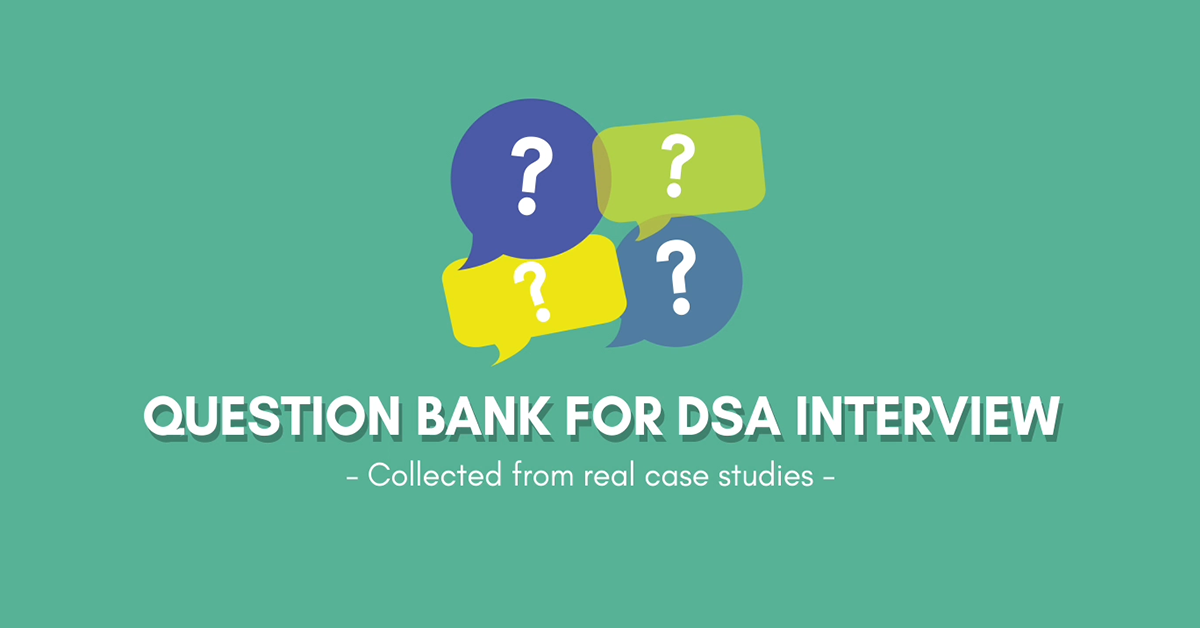
DSA Story 2: Question Bank for Direct School Admission (DSA) Interview – Collected from real case studies
The DSA interview may seem daunting at first, but with preparation and confidence, your child should be able to ace it.
Q1. Does every school require interviews?
- Not all schools will require interviews. There are other means of assessing your child’s suitability, such as admission tests and camps.
- There are two types of interviews: the solo interview and the group interview.
Q2. What are some interview questions to expect?
– You can expect routine questions
-
- the applicant’s strengths, weaknesses, personality
- the applicant’s portfolio/academic track record/achievements
- the applicant’s potential to contribute to the DSA school based on applicant’s experience and opinions
- the school’s programmes and motivation for choosing the school
– Non-routine questions
-
-
- the applicant’s reasoning process
- the applicant’s ability to think on the spot and handle surprise
- General knowledge, current affairs question
- Questions about general knowledge and whether applicant can apply them
- Questions about social issues and current affairs
- (For group interviews) Interviewers also look out for the interactions between the applicants and problem-solving skills.
-
Q3. If my child applied DSA based on his or her exceptional talent in mathematics, will there be math theory related interview questions?
- This would depend on the school. Some applicants were asked math-related interview questions. However, some were asked about current affairs issues that were not related to math.
Q4. What do interviewers expect from their applicants?
- Interviewers may be looking out for: strong communication skills, confidence, ability to adapt to unexpected events and whether applicant can value-add to the domain he or she specialises in.
- Body language is also important: your child should sit up straight, maintain the right posture and maintain eye contact with interviewer.
Q5. In a group interview, how vocal/outspoken my child should be?
- when it is your child’s turn, he or she should answer with confidence.
- When it is not your child’s turn, do not attempt to answer the question unless the student cannot handle the question and the interviewer has indicated the rest of the students in the room can answer.
- Being overly aggressive may create the impression that your child is not a team player.
Q6. How can we prepare our child for the interview?
– For routine questions:
- Draft a short pitch and get your child to memorise.
- Keep practicing until it becomes natural.
- Don’t focus on something too cliché or common. For example, many applicants do play the piano or have activities such swimming. Instead of providing too much details about your general achievements, you should highlight something unique about you to distinguish yourself from others.
– For non-routine questions:
- Exposure to current affairs is crucial. You can engage your child in current affairs by having light conversations over dinner or reading newspaper articles with them.
Q7. Do we need to enrol our child for any special DSA preparation programmes found in the tuition centres?
Gifted and Talented Education offers programmes such as Classroom to Boardroom which focuses on communication skills and critical reasoning process. We also conduct DSA interview camps to help students manage the interview process effectively. The DSA Interview is likely to be the first interview in your child’s life. Sufficient preparation and warm up exercises will make a huge difference.
DSA interview Question bank
Group A questions
Routine questions about the applicant’s strengths, weaknesses, personality, related to the profile of the applicant
- What is one of your best characteristics?
- Why are you special?
- Describe yourself.
- What are your hobbies?
- What was the last book you read?
The applicant’s portfolio/academic track record/achievements
- What is the achievement that you are most proud of?
- What projects have you done in primary school, and which one are you proud of?
The applicant’s potential to contribute to the DSA school based on applicant’s experience and opinions
- How do you think our school can support your interests?
- How do you manage your time if you have frequent school trainings (for sports/music DSA)?
- Would you compromise on your interests or passion because of a busy study schedule?
- What is the math theory which interest you the most (for Mathematics DSA)?
- What are the changes would you like to see to the science curriculum? (for Science DSA)?
- Are there any events or people you remember the most during your 3 to 6 years of CCA?
- The school’s programmes and motivation for choosing the school
- Why should we choose you for DSA?
- Why do you like to play Badminton/tennis…? (for Sports DSA)
Group B Questions
Non-routine questions about the applicant’s reasoning process and the applicant’s ability to think on the spot and handle surprise
- If you are the Prime Minister of Singapore, what will you do to make this country better?
- If you are only allowed to bring one item to Mars, what will you bring?
- Which part of a car would you like to be and why?
- Look around the room and find something that best describes you.
Group C Questions
General knowledge, current affairs questions; Questions about general knowledge and whether applicant can apply them
Questions about social issues and currents affairs
- Is there any discrimination in Singapore? If you are the Prime Minister what will you do to prevent discrimination?
- What do you think about education system in Singapore?
- What makes you proud of living in Singapore?
- How do you look at the news of MRT breakdowns?
(For group interviews) Questions related to teamwork. Interviewers also look out for the interactions between the applicants and problem-solving skills.
- Who should we choose out of all the applicants in this room?
- Is your primary school the best?
In the next blog post, we will discuss on the Gifted Education Programme (GEP) selection test, how to prepare your child for it and also address other frequently asked questions.
